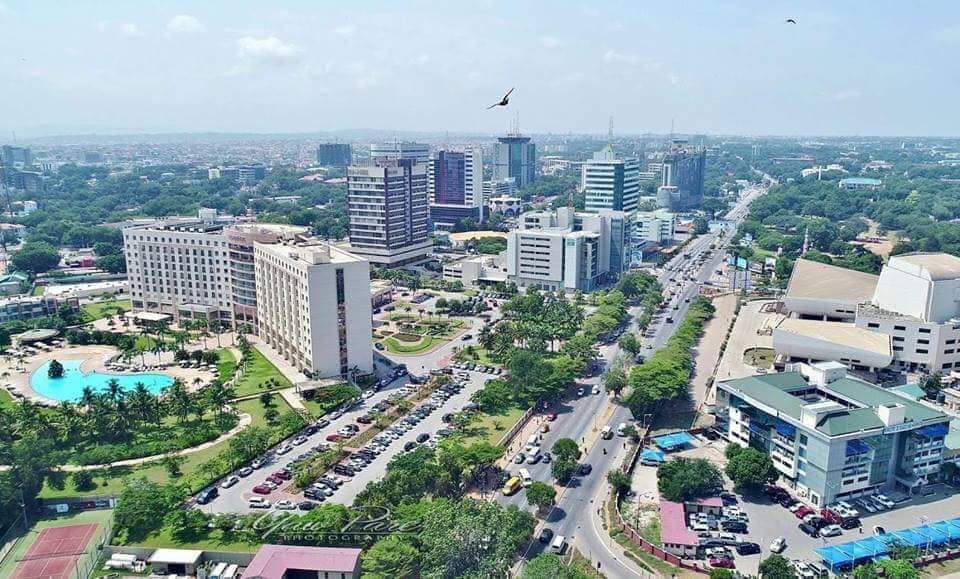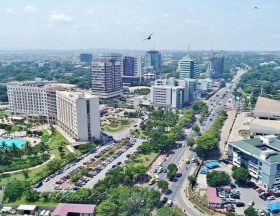From 50.3% in November, Ghana's inflation rate soared to 54.1% in December 2022. A situation that comes as the cedi, the national currency lost up to 6.1% of its value against the dollar, says the Ghana Bureau of Statistics.
Ghana’s annual inflation rate reached 54.1% in December 2022. The announcement was made on Wednesday January 11 by the Ghana Bureau of Statistics.
This rate, the highest for two decades, is part of an upward logic observed by the West African country for several months. It was impacted by the increase in the cost of imported goods, the increase in the prices of transport, utilities and food products. “Imported inflation was 61.9%, food prices rose 59.7%, and transportation costs rose 71.4%. “, according to the report.
This increase comes in a context of depreciation of the cedi. Before the publication of the report, the national currency had indeed lost up to 6.1% of its value against the dollar, according to figures relayed by Bloomberg.
In order to put an end to this economic crisis, in December 2022 Accra signed a $3 billion agreement with the IMF over 3 years, while the country recorded a debt exceeding 80% of GDP. This aims to “restore macroeconomic stability and debt sustainability, while protecting the vulnerable, preserving financial stability and laying the foundations for a strong and inclusive recovery”.
Note that the Central Bank of Ghana (BoG) had increased its key rate by 250 basis points in November 2022 in order to stem the problem of the high cost of living and to deal with debt difficulties. Such a decision could be announced again, if the institution wants to maintain a restrictive monetary policy and the deployment of tools to contain excess liquidity in the economy.





















Réagissez à cet article